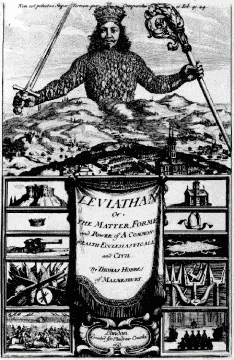by Chris Horner
The crisis consists precisely in the fact that the old is dying and the new cannot be born; in this interregnum a great variety of morbid symptoms appear. —Gramsci

Does a crisis show us what we are ‘really like’? Whether it does or not, it has already been instructive to experience this one, in which our institutions are being stress tested, perhaps to destruction. As many have noted, COVID-19 is a political and economic crisis as well as a medical one. Its size and complexity can leave us groping around for the right interpretive and predictive tools. There are a number of models that we can turn to to help us understand how we react, or might react, and these often rest on assumptions about ‘human nature’. The problem is that they don’t agree on some basics, and thus can’t all be right. So which is the best one to turn to in a crisis?
Two Views of Human Nature
The view of humans and their social arrangements associated with Thomas Hobbes (1588-1679) is a bleak one: the human animal in the ‘state of nature’ – that is, without government or law – is in a state of constant war, or preparation for war, since no one can be sure of their own security. In the state of nature, life is ‘continual fear, and danger of violent death; and the life of man, solitary, poor, nasty, brutish, and short’ (Leviathan, chapter XIII, 1651). Only a strong sovereign power can ensure peace by imposing it through force, or the threat of force. If the civil and political bonds of such a peace are broken, we can expect people to revert to type as self interested individuals, with “war of all against all” (bellum omnium contra omnes ): a return to the state of nature triggered by the breakdown of the central authority, driven by fear of the other and only restored by force or the threat of force. Read more »
